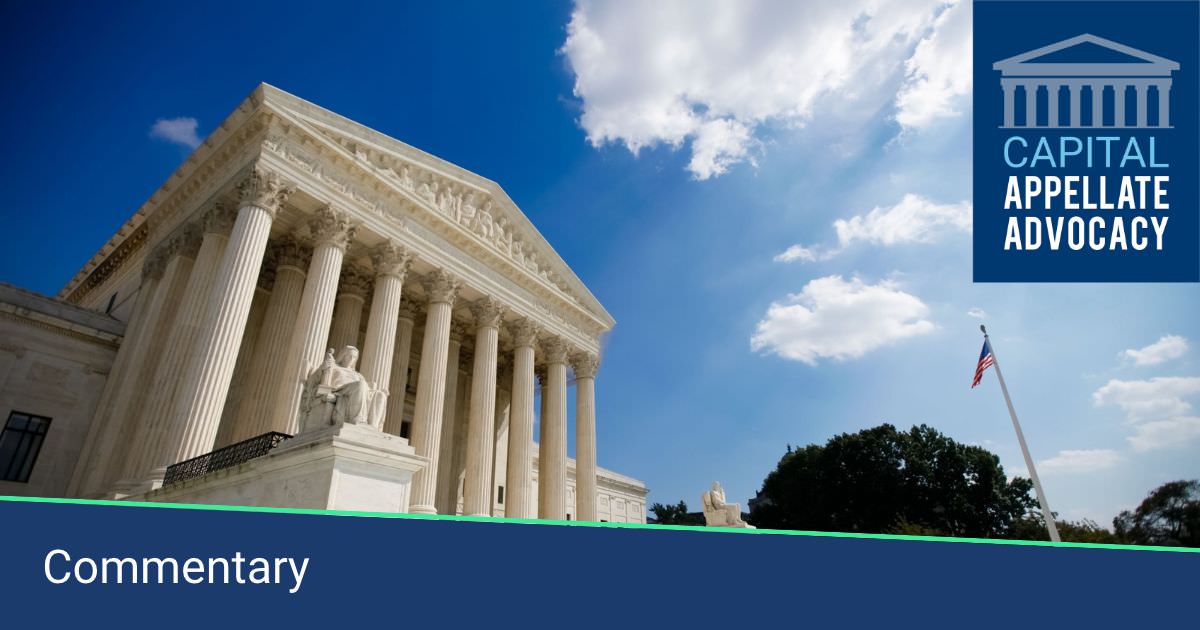The D.C. Circuit’s recent opinion in Federal Trade Commission v. Boehringer Ingelheim Pharmaceuticals, Inc., No. 16-53556 (June 19, 2018), illustrates Supreme Court nominee Brett Kavanaugh’s exceptionally clear writing style. Occupying only six pages, Judge Kavanaugh’s lucid opinion concisely summarizes and applies existing D.C. Circuit precedent—primarily his prior opinion in In re Kellogg Brown & Root, Inc., 756 F.3d 754 (D.C. Cir. 2014)—concerning how the attorney-client privilege applies to mixed-purpose internal communications between company employees and in-house legal counsel.
More specifically, Judge Kavanaugh explains that such a communication is privileged even when it has overlapping legal and business purposes if the company can establish that “obtaining or providing legal advice was one of the significant purposes” of the communication. The opinion explains that this approach “helps to reduce uncertainty regarding the attorney-client privilege”—a privilege which Judge Kavanaugh emphasized is particularly important in the business context in view of the “vast and complicated array of regulatory legislation” requiring corporations to “constantly go to lawyers to find out how to obey the law” (quoting Upjohn Co. v. United States, 449 U.S. 383, 392 (1981)). Judge Cornelia Pillard’s concurring opinion acknowledges the “spare elegance” of Judge Kavanaugh’s opinion.

